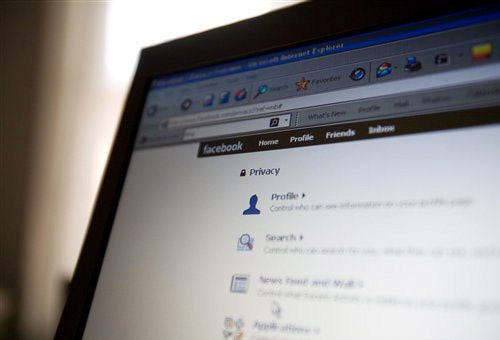Facebook and your privacy is trending once again among news sites and the blogosphere. This time, Facebook is doing something right. They recently amended their Statement of Rights and Responsibility to reflect a current change among employers asking for potential hires and employees access to their personal Facebook accounts.
According to Facebook’s chief privacy officer, this is a no-no, “We don’t think employers should be asking prospective employees to provide their passwords because we don’t think it’s the right thing to do.”
Now two state senators are weighing in on the issue. Democrats Chuck Schumer of New York and Connecticut ‘s Richard Blumenthal are asking Attorney General Eric Holder to investigate if employers are violating federal law by making such requests.
In California, one Senator is already taking steps to protect the employee. Leland Yee (D- San Francisco) plans to introduce a bill that will bar employers from asking current employees and potential applications access to their social media networks. “It is completely unacceptable for an employer to invade someone’s personal social media accounts,” Yee said in a statement. “Not only is it entirely unnecessary, it is an invasion of privacy and unrelated to one’s work performance or abilities.”
While most companies are still content to Google your name, this new practice is walking a very fine line. “It’s an invasion of privacy for private employers to insist on looking at people’s private Facebook pages as a condition of employment or consideration in an application process,” ACLU’s staff attorney Catherine Crump said on Tuesday. “You’d be appalled if your employer insisted on opening up your postal mail to see if there was anything of interest inside. It’s equally out of bounds for an employer to go on a fishing expedition through a person’s private social media account.”
The ACLU also says the number of employers who ask applicants for access to their Facebook profiles has risen over the past year. “This practice is so new that until recently, many people weren’t even aware that this was happening,” said Crump.
Tags: applicants, employers, facebook, job seeking, privavcy

